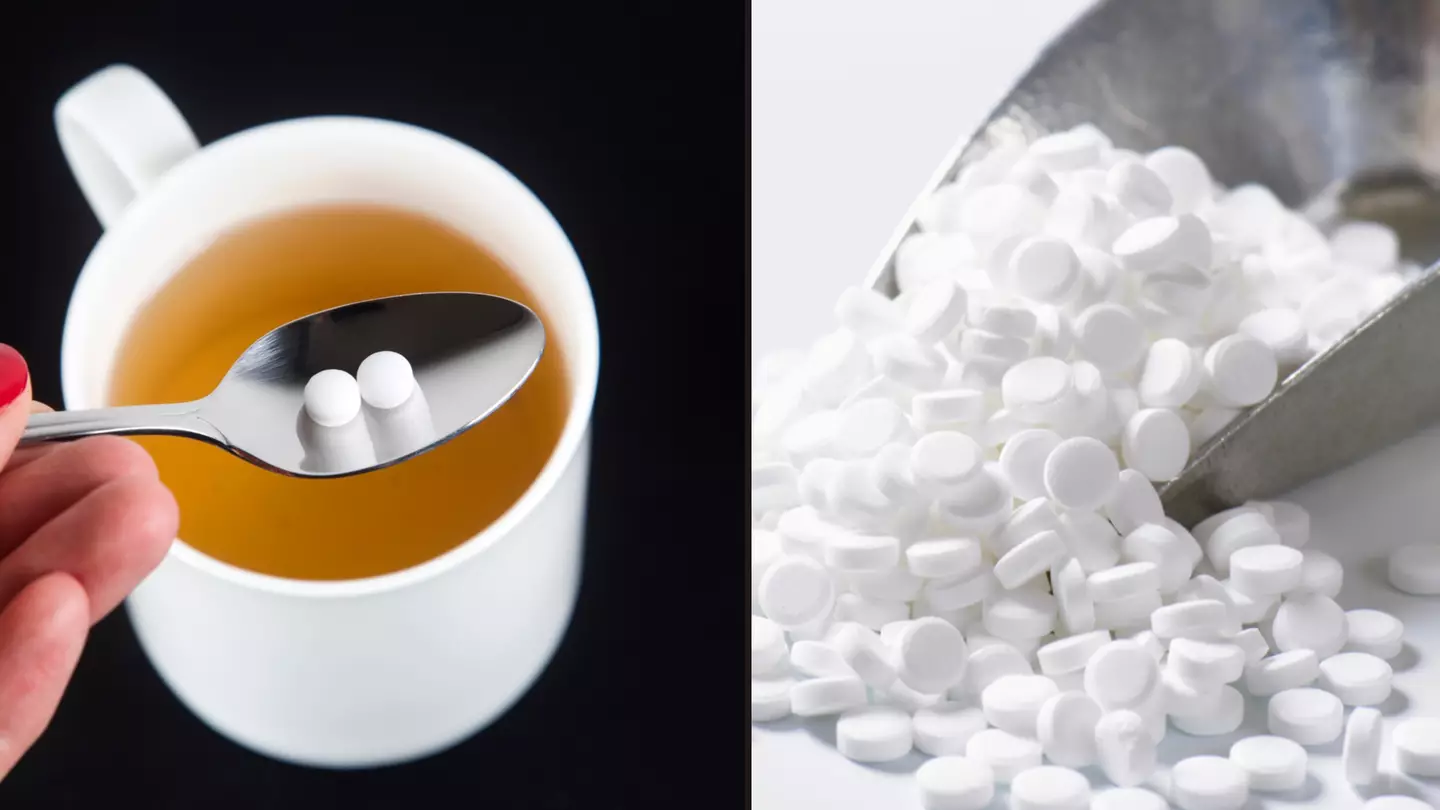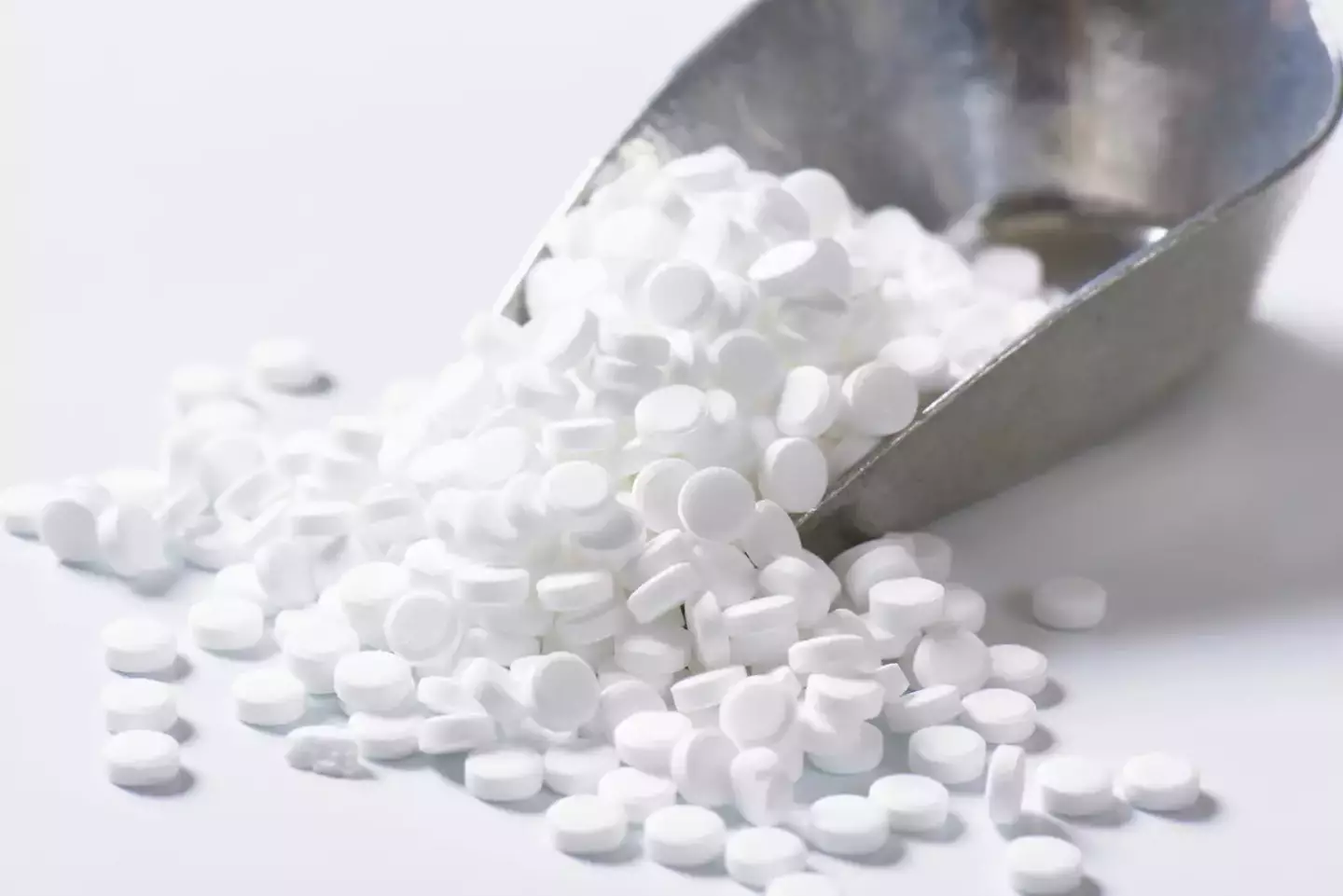
Whether it's stirred into a brew, mixed into chewing gum or a key ingredient in a soft drink - chances are many of us consume one of the world's most common artificial sweeteners on a fairly regular basis.
However, the World Health Organisation's cancer research agency is now warning the public that aspartame sweetener is a possible carcinogen.
The status of the sweetener is set to be declared next month.

Advert
Aspartame is a low-calorie artificial sweetener - weighing in at approximately 200 times sweeter than sugar.
The white, odourless powder used in an array of common drinks including Diet Coke and some Snapple flavours will soon be listed as 'possibly carcinogenic to humans' for the first time ever.
The declaration, scheduled for 14 July, will be made by WHO's International Agency for Research on Cancer (IARC) according to sources via Reuters.
Another group, the Joint FAO/WHO Expert Committee on Food Additives, will also provide an updated risk assessment, Bloomberg reports.
The committee will discuss the acceptable daily intake of aspartame alongside any other possible harmful effects of consuming it.
Advert
Both groups will reportedly release their determinations together.
The soon-approaching IARC assessment will classify aspartame sweetener into one of four possible categories.
These include; carcinogenic to humans, probably carcinogenic to humans, possibly carcinogenic to humans or 'not classifiable as to its carcinogenicity to humans'.

Reuters reports: "The IARC ruling, finalised earlier this month after a meeting of the group's external experts, is intended to assess whether something is a potential hazard or not, based on all the published evidence.
Advert
"It does not take into account how much of a product a person can safely consume."
The news follows WHO advising the public not to use non-sugar sweeteners for weight control in a newly-released guideline last month (15 May).
The official site reads: "The World Health Organisation (WHO) has released a new guideline on non-sugar sweeteners (NSS), which recommends against the use of NSS to control body weight or reduce the risk of noncommunicable diseases (NCDs)."
WHO Director for Nutrition and Food Safety, Francesco Branca, continues: "Replacing free sugars with NSS does not help with weight control in the long term.
"People need to consider other ways to reduce free sugars intake, such as consuming food with naturally occurring sugars, like fruit, or unsweetened food and beverages.
Advert
"NSS are not essential dietary factors and have no nutritional value. People should reduce the sweetness of the diet altogether, starting early in life, to improve their health."
Topics: Cancer, Health, News, UK News, US News, World News, Food And Drink, Science